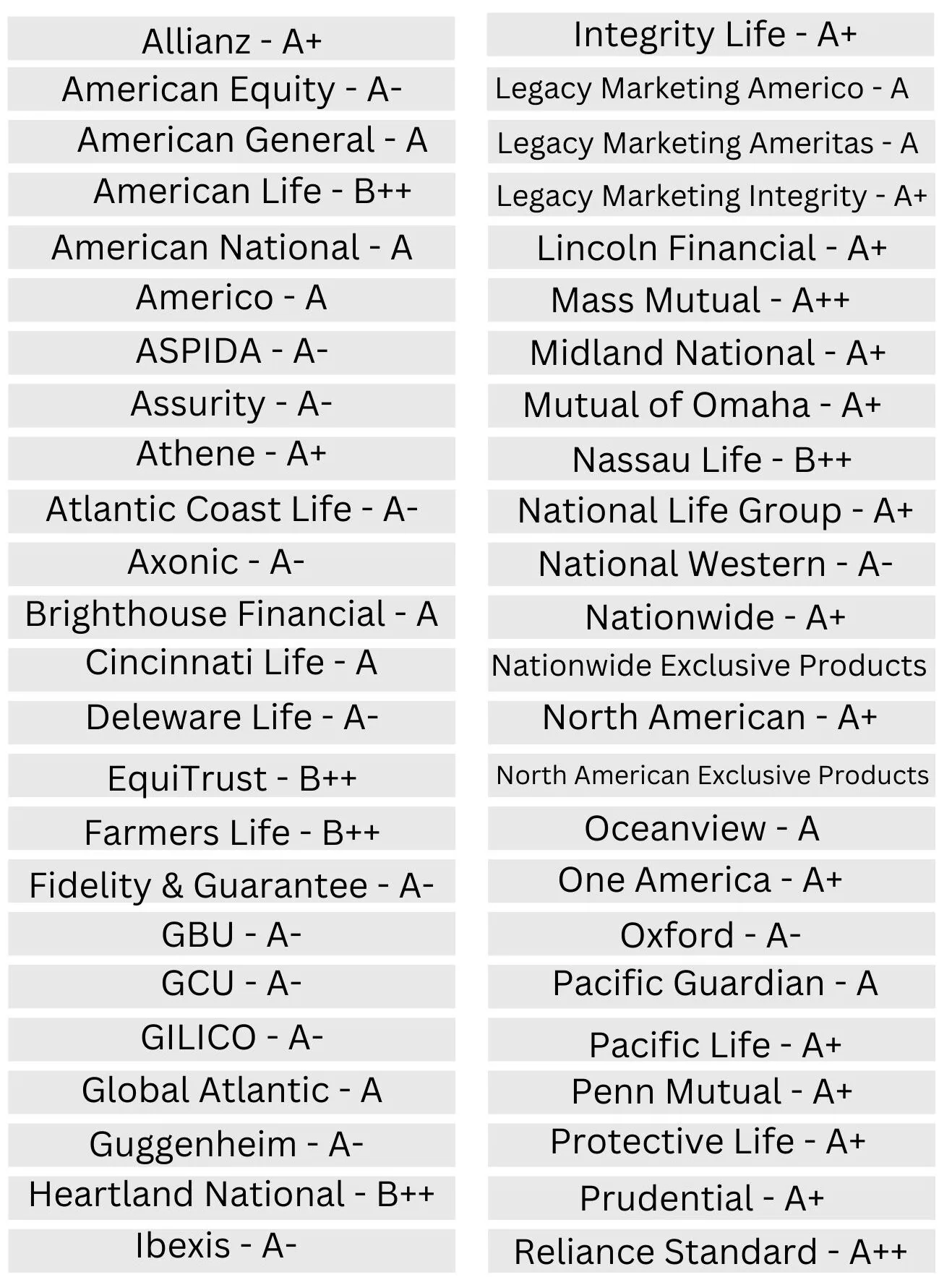Life Insurance for Bundle Branch Block

Over 100 Carriers to Quote From. Here are a few of them!

At Diversified Insurance Brokers, we help clients with left or right bundle branch block (LBBB/RBBB) secure affordable life insurance. With access to 100+ top-rated carriers and deep cardiac underwriting experience, we know which insurers are most flexible—and how to position your case for the best possible offer.
Life Insurance with Bundle Branch Block
If you’ve been diagnosed with bundle branch block, it doesn’t mean you’re uninsurable. At Diversified Insurance Brokers, we specialize in helping clients with cardiac conduction concerns find affordable, tailored life insurance.
Speak with an expert who understands high-risk life insurance for cardiac conditions.
How Bundle Branch Block Affects Life Insurance
- Type & Pattern: LBBB vs. RBBB, intermittent vs. persistent, new vs. longstanding finding.
- Symptoms: Syncope, chest pain, dyspnea, palpitations—absence of symptoms helps.
- Underlying Heart Disease: CAD history, cardiomyopathy, valve issues, hypertension, diabetes.
- Cardiac Workups: EKGs, echocardiogram with EF, stress tests, imaging—normal results improve offers.
- Treatment & Follow-up: Med adherence, cardiology notes, no recent ER visits.
Who This Coverage Is Best For
- RBBB with no structural heart disease and normal follow-up testing.
- LBBB with stable echo, good EF, and no limiting symptoms.
- Applicants previously declined who now have updated, favorable cardiology records.
What Improves Offers
- Documented normal echo (ejection fraction ≥50%) and negative stress imaging.
- Well-controlled BP, lipids, and A1C (if diabetic); non-smoker status.
- Time since diagnosis without cardiac symptoms or hospitalizations.
Typical Outcomes We See
- Isolated RBBB, normal workup: Standard to Preferred with select carriers.
- LBBB, stable EF & clean tests: Often Standard or mild table rating.
- BBB with cardiomyopathy/CAD: Insurable with table ratings after stability period.
Every case is unique—our team pre-shops the carriers most likely to approve your profile.
Why Work With Diversified Insurance Brokers
- 100+ A-rated carriers: More options mean better approval odds and pricing.
- Cardiac underwriting expertise: We package your records to minimize extra ratings.
- Fast, confidential process: We gather the right docs once and negotiate for you.
- Term or permanent: Coverage tailored to your goals and budget.
Example Case
A 54-year-old non-smoker with long-standing RBBB, normal echo (EF 60%), and clean stress test was quoted a heavy table elsewhere. We placed $400,000 20-year term at Standard Plus—about $480/year less than the next best offer.
Start your confidential review: Submit your bundle branch block life insurance request and we’ll shop the market for you.
FAQs: Life Insurance for Bundle Branch Block
Can I get life insurance if I have a bundle branch block?
Yes—you can often get life insurance with a bundle branch block (BBB). Approval depends on things like whether it’s right or left side, how complete it is, the presence of other heart or health issues, and how recent and stable your diagnosis and tests are.
What are the differences between RBBB vs LBBB in underwriting?
Right bundle branch block (RBBB) is usually viewed more favorably, especially if isolated and without heart disease. Left bundle branch block (LBBB) carries more risk due to potential underlying cardiac issues, so often more tests and stricter underwriting apply.
What medical documentation do carriers typically want?
Carriers usually ask for recent EKGs or ECGs, echocardiogram results (including ejection fraction), stress test or imaging if relevant, cardiologist follow-ups, and any notes showing stability (no worsening symptoms or new cardiac issues).
How do symptoms or related conditions impact offers?
Symptom presence (palpitations, chest pain, fainting), underlying heart disease (valve disorders, coronary artery disease, cardiomyopathy), high blood pressure, diabetes, or any structural heart abnormalities can increase risk and lead to higher premiums or more restrictive ratings.
What kind of rates or classes might I qualify for?
If you have RBBB only, clean work-ups, and no symptoms, you may qualify for standard or even near-preferred rates with some carriers. With LBBB but stable tests and good heart function, expect maybe standard with mild ratings. If there’s underlying disease or recent cardiac events, heavier rating or limited options are possible.
What can I do to improve my chances and get better offers?
Keep your cardiac records up to date, maintain good general health (blood pressure, cholesterol, diabetes under control), avoid tobacco, show long periods with no symptoms or hospital visits, get follow-ups with a cardiologist, and choose carriers experienced with BBB cases.
Talk With an Advisor Today
Choose how you’d like to connect—call or message us, then book a time that works for you.
Schedule here:
calendly.com/jason-dibcompanies/diversified-quotes
Licensed in all 50 states • Fiduciary, family-owned since 1980
About the Author:
Jason Stolz, CLTC, CRPC, is a senior insurance and retirement professional with more than two decades of real-world experience helping individuals, families, and business owners protect their income, assets, and long-term financial stability. As a long-time partner of the nationally licensed independent agency Diversified Insurance Brokers, Jason provides trusted guidance across multiple specialties—including fixed and indexed annuities, long-term care planning, personal and business disability insurance, life insurance solutions, and short-term health coverage. Diversified Insurance Brokers maintains active contracts with over 100 highly rated insurance carriers, ensuring clients have access to a broad and competitive marketplace.
His practical, education-first approach has earned recognition in publications such as VoyageATL, highlighting his commitment to financial clarity and client-focused planning. Drawing on deep product knowledge and years of hands-on field experience, Jason helps clients evaluate carriers, compare strategies, and build retirement and protection plans that are both secure and cost-efficient.
